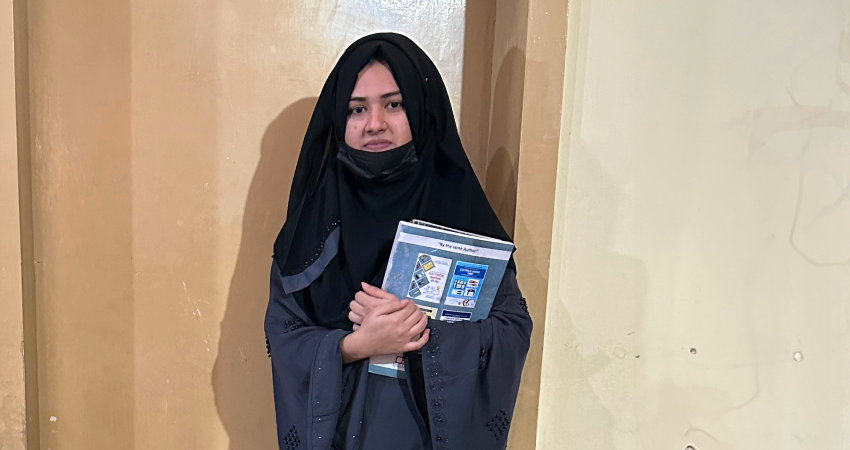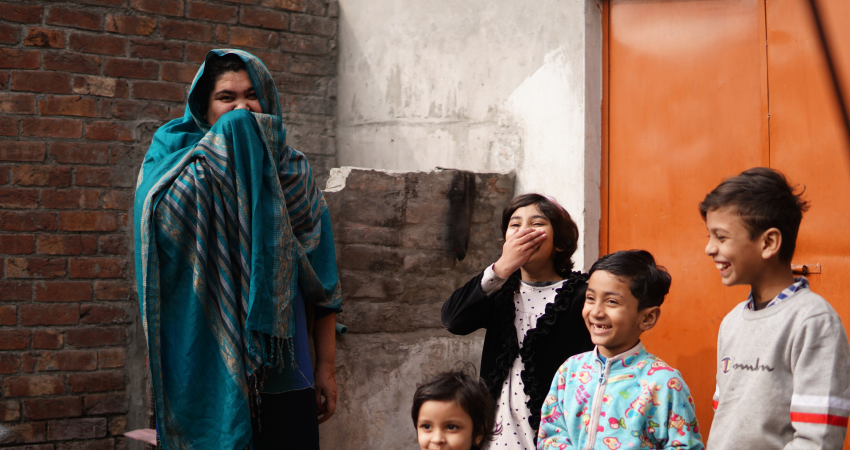AFGHANISTAN CRISIS APPEAL – YOUR SUPPORT MATTERS
23 million people in Afghanistan face food insecurity with 3.2 million children suffering from malnutrition. Donate now to help rebuild hope and empower the Afghan people.
AFGHANISTAN HUMANITARIAN AID
Learn how you can make a difference today!
Earthquakes, droughts, floods and wars have all exacerbated the plight of the Afghan population, with complete swathes of the population pushed into poverty over the past few years. Now Afghanistan has over 6 million people internally displaced and over 70% living in extreme poverty. Afghanistan needs our urgent assistance. With your help, our Afghanistan emergency appeal can provide a lifeline to those facing a winter of uncertainty and hardship.
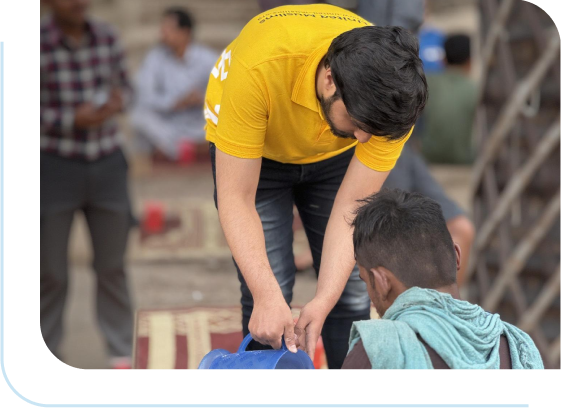
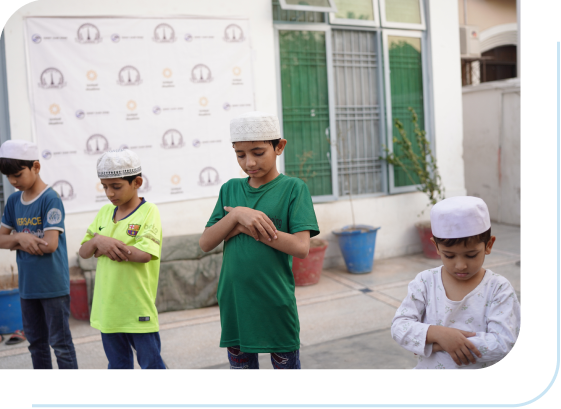
Children in Afghanistan need urgent assistance. With over 18 million children in Afghanistan, the situation is dire. The under-five mortality rate stands close to 60 deaths per 1,000 live births. Children in Afghanistan lack both education and health, with exposure to violence and instability leading to high levels of psychological distress in children. Your donation for Afghanistan will help children both with their nutritional and educational needs.
Returning refugees is also an important area of focus for United Muslims, with over 6 million refugees having returned to Afghanistan in recent years, with an expectation that millions more will return over the coming years. These refugees face a lack of basic services, economic hardship and security concerns along with the psychological and emotional impact of returning home. Donate to Afghanistan’s refugees with United Muslims.
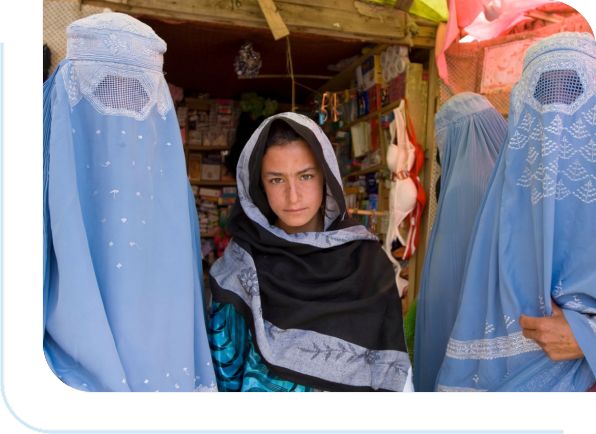
BY THE NUMBERS
The Situation in Afghanistan
90% >
Living Under Poverty
Poverty afflicts over 90% of the country, making humanitarian aid essential for more than half of Afghanistan's population.
40% >
Severe Food Shortage
40% of Afghanistan's population is experiencing severe food shortages, ranking as the fourth highest rate of acute food insecurity globally.
5 >
Decades of Crisis
The crisis in Afghanistan stands as the most prolonged in Asia, with women and children making up 80% of those in dire need.
OUR COMMITMENT
What happens when you donate to Afghanistan?
Daytime temperatures are nearing zero and plummeting further after dark. Your donation provides insulated shelters, solar panels, warm clothing, and heating.
With a regular monthly donation, you can offer continuous support and protection to Afghan refugees, helping restore their hope for a brighter future.
Over 1 million children are in danger due to shortages of food, water, and medicine, while more than 22 million individuals are grappling with a food crisis.
By providing sanitation supplies and emergency health kits, you are giving millions of women and children crucial support to combat health challenges.
Stop mothers from having to drug their hungry children to sleep due to a lack of food. Feed the families struck with natural disasters and never ending conflict.
Help us address the psychological trauma resulting from prolonged conflict and displacement in Afghanistan through our mental support services.
BACKERS
Every Donation Ignites Hope
ZF
June 30, 2025
Amount Donated
£1,500.00
EA
June 25, 2025
Amount Donated
$190.00
MZ
June 1, 2025
Amount Donated
£140.00
ZA
May 31, 2025
Amount Donated
£72.40
AFGHANISTAN EMERGENCY APPEAL
Entering its fifth decade, the crisis in Afghanistan stands as the most prolonged in the region
Afghanistan is currently navigating through an intricate web of challenges, encompassing prolonged conflict, deep-seated poverty, lack of basic services, housing disputes, lack of infrastructure, food insecurity, climate-induced adversities, and significant obstacles to the advancement and participation of women in public life.
With a lack of employment opportunities for its 42 million adults, the economic fragility of Afghanistan is exacerbated, with the Afghan economy significantly contracting in the last few years. In 2023 unemployment stood at over 14% with over 30% of young people unable to find work. This makes a large portion of the Afghan population reliant on humanitarian aid for survival.
In the backdrop of the international forces’ withdrawal, Afghanistan’s plight continues to be influenced by geopolitical and regional dynamics. Notably, 2023 has seen the return of 1.9 million Afghans, including over 471,000 from Pakistan since mid-September.
Restrictive policies continue to obstruct women’s access to essential assistance and services, adversely affecting engagement with the international community and potential donor contributions.
Afghanistan has experienced long-term conflict and natural disasters, causing many people to be displaced. At United Muslims, we provide food and clean drinking water to those in need. We also support education and work to improve water, sanitation, and hygiene (WASH) for Afghan communities.
“If anyone relieves a Muslim believer from one of the hardships of this worldly life, Allah will relieve him of one of the hardships of the Day of Resurrection. If anyone makes it easy for the one who is indebted to him (while finding it difficult to repay), Allah will make it easy for him in this worldly life and in the Hereafter, and if anyone conceals the faults of a Muslim, Allah will conceal his faults in this world and in the Hereafter. Allah helps His slave as long as he helps his brother.” Muslim: 2699
Support Afghanistan: Help Needed for the Displaced and Returning Citizens
An Afghan father said, “We survived the earthquake, but now we face the battle of living without a home, food, or water. Our children are cold and hungry. We need help.” At this critical moment, United Muslims appeals for your generous donations to our Afghanistan Emergency Appeal. Your support is crucial in providing a lifeline to those facing a winter of uncertainty and hardship. Please donate now to help us continue our lifesaving work and stand with Afghanistan in its hour of need.
We need your help
Featured Campaigns
Discover our initiatives and programs that are successfully helping communities around the world.
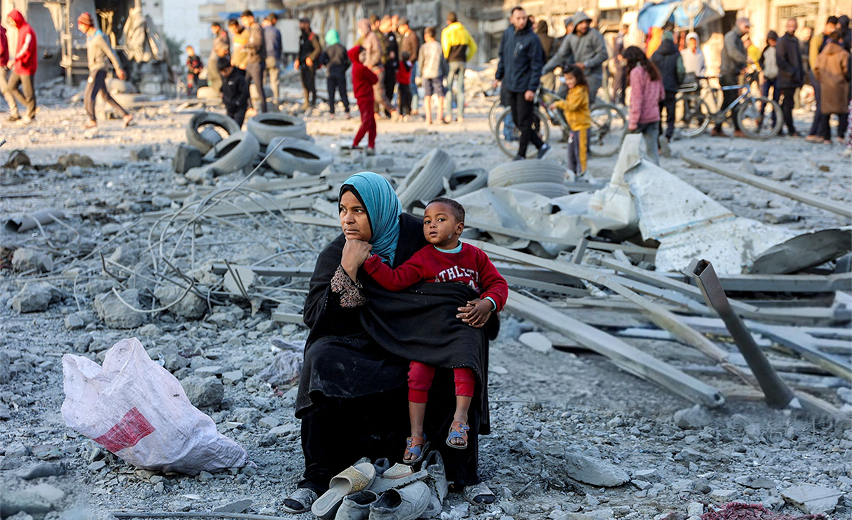
Palestine Emergency
More than 33,000 lives lost and 1.7 million crammed into a space equivalent to one-quarter the size of London, lacking food, water, and basic healthcare. Donate for Palestine and support our team in delivering food, water, medical assistance and other essential winter kits to families who have been displaced.
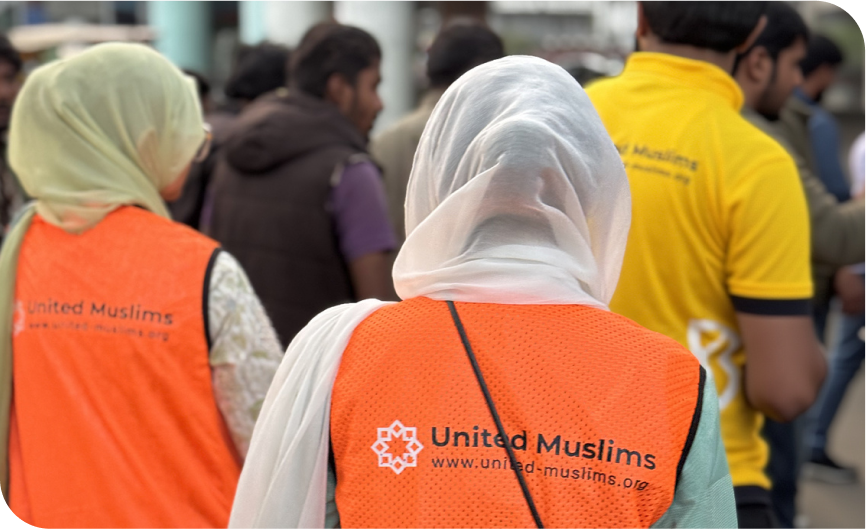
Afghanistan Emergency
Severe drought, economic downturn, and escalating global food costs have driven millions in Afghanistan to the edge of starvation. Lives are in jeopardy, particularly as children suffer and perish from malnutrition. Your support is crucial to aid civilians, who have endured more than five decades of strife.
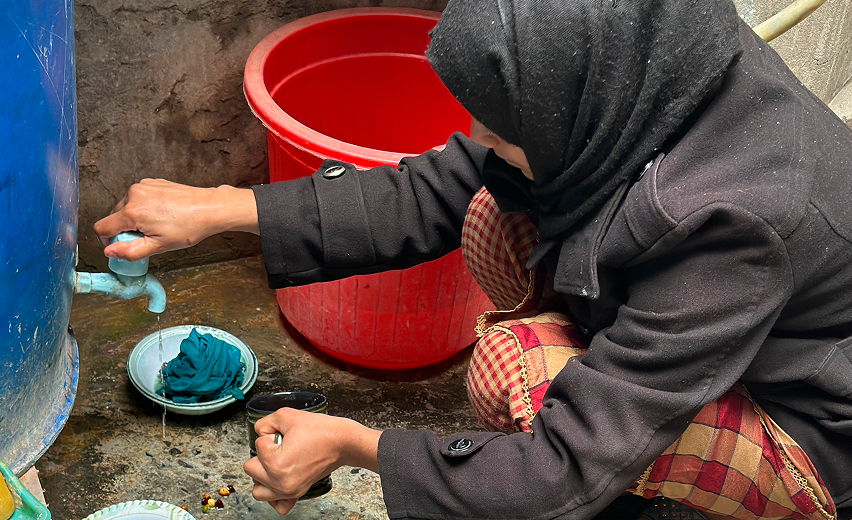
Clean Water
Providing wells, pumps, and pipes to communities in need. The lack of clean water is one of the most critical health emergencies affecting Muslim communities globally. Become a monthly donor and embark on a transformative journey to make a significant difference.
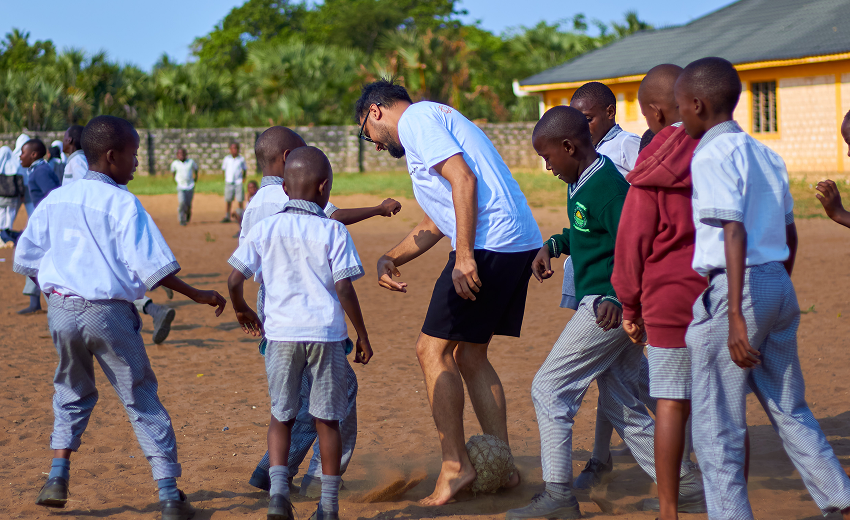
Sponsor a Child
Every child should have an ideal beginning: a nurturing environment, a secure space to play, and opportunities for education and healthcare. With immense rewards promised to Muslims who sponsor children/orphans in need. Be the change with United Muslims children response appeal.
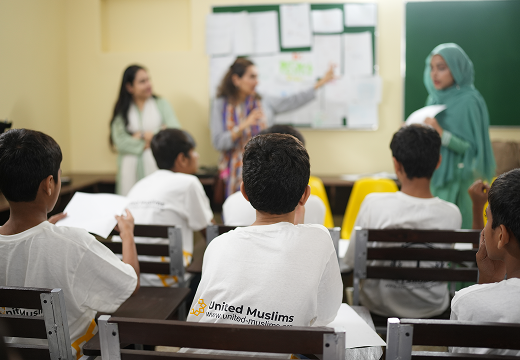
Education
Literacy, Numeracy & Health Classes. Millions of children trapped in poverty miss out on education, perpetuating a cycle of limited income opportunities. Breaking this cycle through basic education unlocks numerous life opportunities. At United Muslims, we are the charity for education.
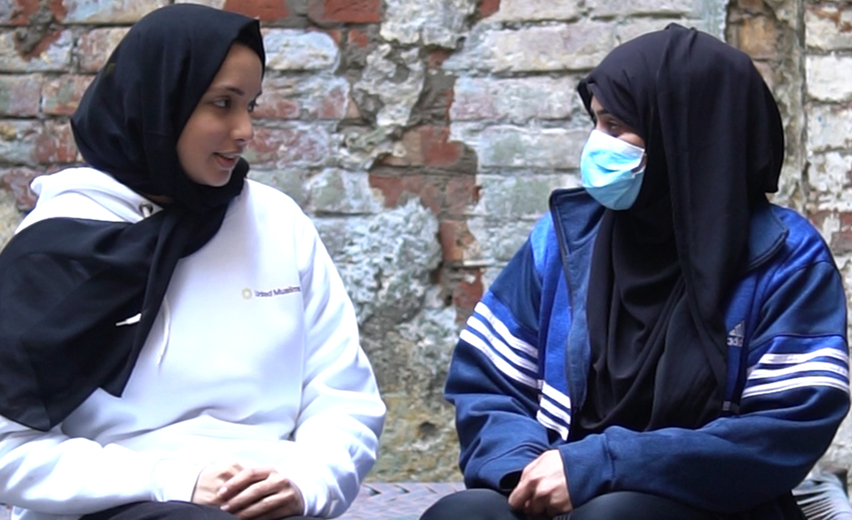
Mindful Ummah Helpline
Embrace a journey of spiritual healing and communal solidarity. Discover compassionate counseling tailored to your unique challenges and cultural context. Support us in advancing Islam, tackling poverty and financial hardship and promoting social inclusion.
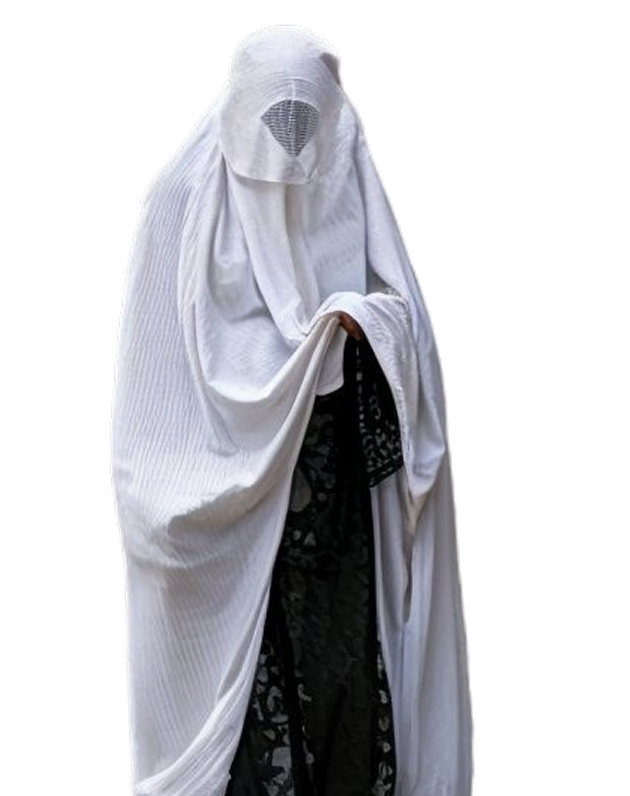
FROM OUR BLOG
Stories from Afghanistan and Beyond
A Mother’s Triumph: Fueled by Zakat
In the quiet corners of life where challenges loom large, the strength of the human spirit often shines the brightest. This is the story of Sakina, a widowed mother whose resilience in the face of […]
Child Sponsorship: Saba’s Path to College
In the patchwork of individual struggles and community efforts, some stories shine as beacons of hope and determination. Saba’s narrative is one such tale—highlighting resilience, the power of education, and the impact of heartfelt child […]
Tehimna’s Story: Women Empowerment in Action
In the hustle and bustle of everyday life, it’s easy to forget the power of community and the impact it can have on individuals facing adversity. Such is the story of Tehmina, a resilient woman […]
Kulsoom’s Strength: Hope and Support Through Charity Appeals
In the face of adversity, Kulsoom’s unwavering strength and resilience shine as a beacon of hope. With her husband battling cancer and unable to work, Kulsoom found herself in a challenging situation. Despite her own […]
Palwasha’s Resilience: Triumphing Through Adversity with Islamic Aid
Palwasha’s life story is a profound testament to the power of resilience and community support. Born with autism, she has faced more challenges than many could imagine. Despite these hurdles, her spirit has never wavered, […]
Become a volunteer


